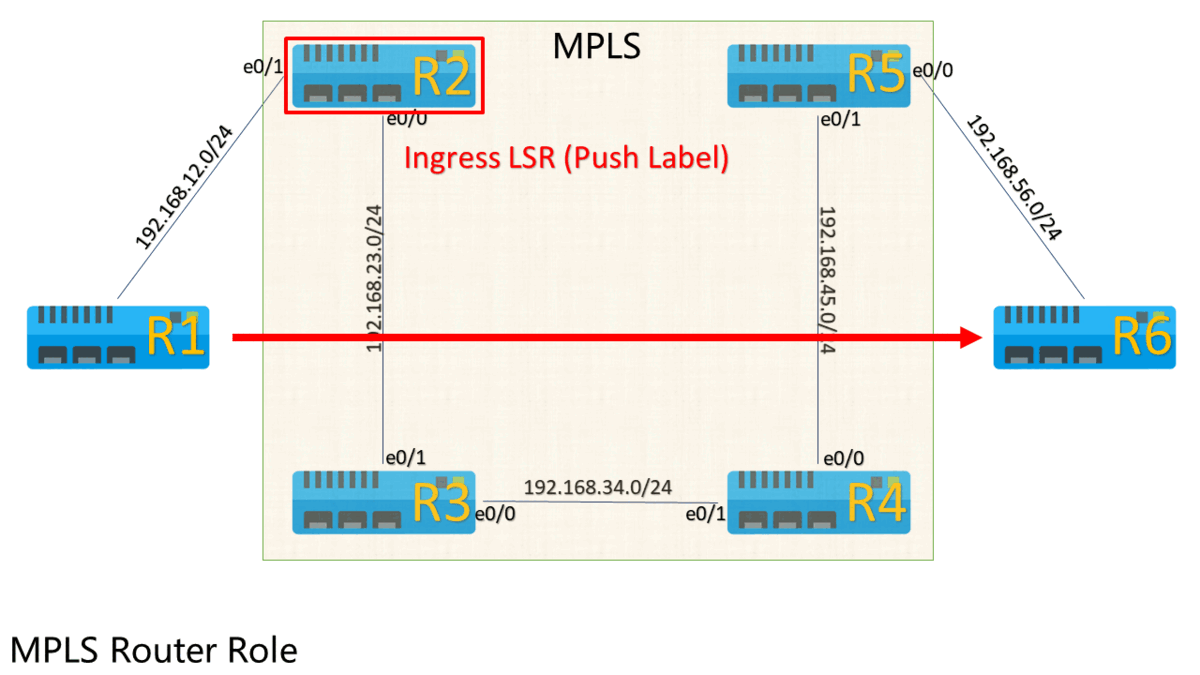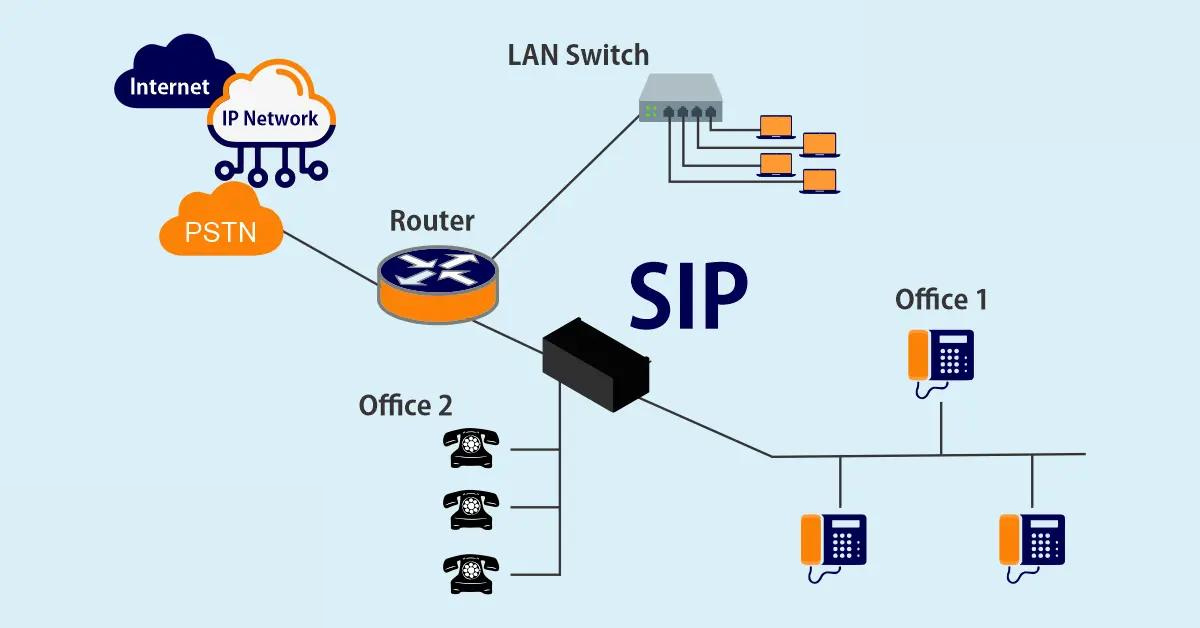
LEASE LINE
A leased line is a dedicated, private telecommunications connection between two locations, provided by a telecom carrier, that offers a fixed bandwidth and consistent performance for data transmission. Unlike traditional broadband connections, which share bandwidth with other users and can experience fluctuations in speed and reliability, a leased line guarantees a constant, high-speed connection with symmetrical upload and download speeds.






.gif)


